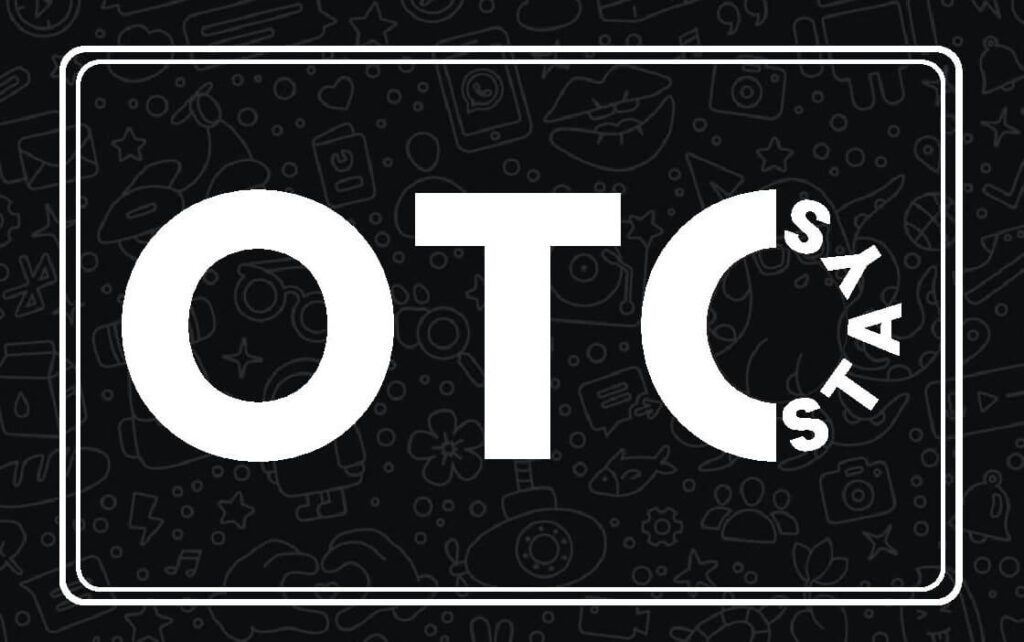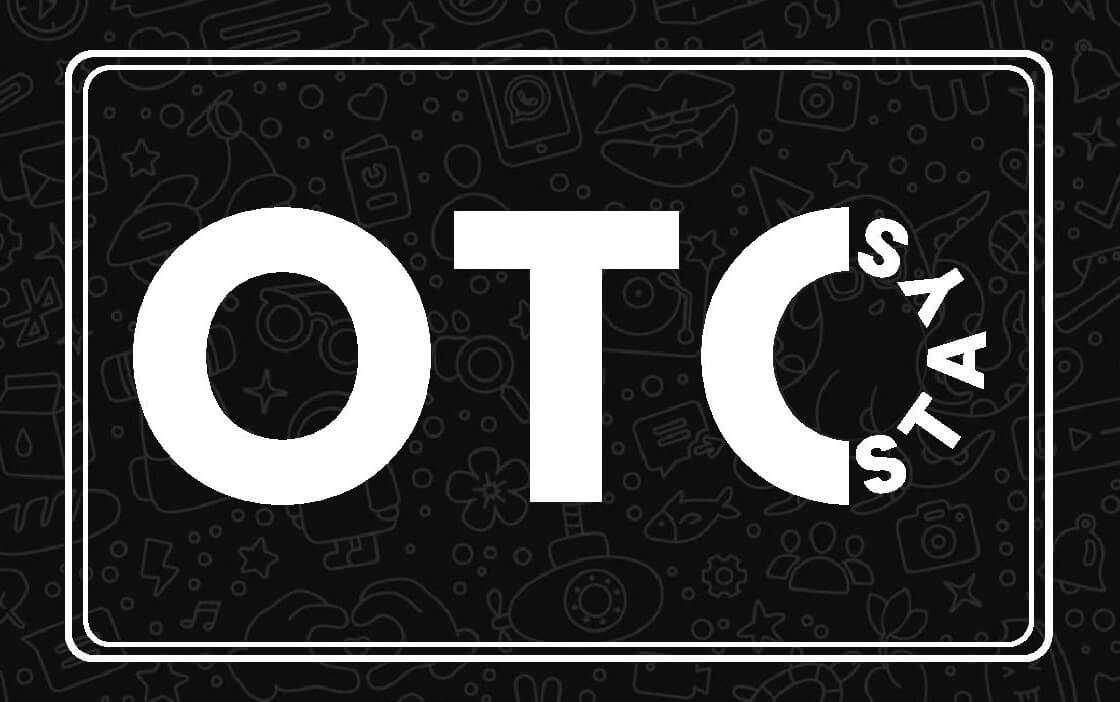
What Experts In The Field Want You To Know
Getting an ADHD Diagnosis
A diagnosis of ADHD is often the first thing to be done to reduce symptoms that can interfere with everyday life. Many people are reluctant about getting an assessment. However, it can be a relief.
A clinical interview is usually the first step in an ADHD assessment. Experts can also conduct screening tests to determine if there are co-existing disorders like learning disabilities or mood disorders.
Symptoms
The disorder was first documented in medical science in 1902, and has been referred to by several names, most recently attention-deficit/hyperactivity disorder with or without hyperactivity (DSM-5). ADHD can be caused by a chemical imbalance in the brain. Adults who suffer from ADHD often have trouble with organizational tasks, paying attention in the workplace or at school, and retaining important information. They are prone impulsive behavior such as cutting in line, interrupting others, or disregarding rules. They may also have trouble completing projects, keeping appointments or paying their bills.
It is crucial to seek out a clinician who has been trained in ADHD when trying to diagnose the condition. Look for local chapters of mental health organizations, a local support group or request an appointment from a trusted source. It is also a good idea to check with your insurance company to determine if there are providers in the network who specialize in ADHD.
A thorough psychiatric examination will include a thorough patient description of symptoms, a review of the family history and personal history, including any past medical, mental health and educational issues, as well as an examination of psychoeducational or neuropsychological tests, as well as a physical exam. In addition, the clinician will also interview significant others, such as spouses or partners to determine how ADHD symptoms impact their lives. It is important to ask parents or other relatives about the signs of ADHD in adults. Many adults with ADHD do not remember their childhood.
Adults suffering from ADHD might be hesitant to admit that their issues are caused by their attention deficit disorder. They may feel shamed, angry and frustrated for having trouble staying well-organized and focused at home and at work. They may also believe that their issues stem from their own mistakes or character flaws. Getting a diagnosis of ADHD can provide relief and optimism for the future and help them understand that their difficulties are not their fault.
Diagnosis
There is no one medical test or physical test to determine ADHD (previously known as ADD). However, a qualified mental healthcare professional will gather information from many sources about your child’s or adult’s symptoms. These include ADHD symptoms checklists as well as standardized behavior rating scales, a detailed history of past and present functioning and information from people who know the person.
A thorough evaluation can also include a psycho-psychological examination like a personality inventory or a neuropsychological test. A medical professional will also look into the medical history of the patient, including past or current injuries, illnesses, and medications, such as mood-stabilizing drugs like steroids.
Other conditions and disorders can cause ADHD symptoms. These include learning disabilities, anxiety disorders, mood disorders, and other medical issues like sleep apnea, head injuries and thyroid disorders. A thorough psychiatric evaluation will help determine the cause and determine effective treatments.
The symptoms of a person require significant impairment in two or more major settings, such as at home or at school, in order to qualify for ADHD diagnosis. This is especially relevant for young people and children. Without treatment, these individuals may struggle to be successful in school, struggle to keep their jobs, and struggle to maintain relationships and friendships.
It is essential to get a diagnosis from a medical specialist who is specialized in working with children and adolescents. Many primary care doctors and mental health professionals regularly diagnose adhd diagnosis private (http://www.smuniverse.com) however, you must choose an expert who is able to perform a thorough examination. During the clinical interview, the doctor will inquire about your child’s and your own family and personal history, as well as review the criteria used to diagnose ADHD set by the American Psychiatric Association in the Diagnostic and Statistical Manual of Mental Disorders, Fifth Edition.
Treatment
Many psychiatric disorders mimic ADHD in children and adults, and a complete mental health evaluation is needed to rule out any other conditions. These include mood disorders and anxiety disorders. They also include learning disabilities, head trauma, thyroid conditions, and drug use. It is crucial to consider these alternative explanations for symptoms, as they can impact the quality of life.
A comprehensive mental health assessment includes an interview with the person being assessed, as well as checklists and questionnaires completed by other people in their lives. This can include spouses, parents, siblings and teachers for children; as well as coworkers as well as therapists, friends and coworkers for adults. Personal insights can provide information that is not gleaned from questions or checklists. It can also help the clinician to comprehend the ways in which ADHD symptoms affect a person’s relationships with others.
In addition to examining symptoms, the psychologist or psychiatrist can also review the medical history of a patient. A physical exam is usually performed as well, including hearing and vision tests. An electroencephalograph or EEG scan, which measures brain waves and can help identify the presence of ADHD, is available in some offices.
Some patients choose to take part in a clinical study to determine if a new medication they’re taking will help their symptoms. Participants should be aware that the primary purpose of a clinical trial is to learn new information and not to treat a specific health condition.
Based on the results of the assessment, the doctor will suggest treatment options that could include psychotherapy, medication or other interventions. In some cases it is recommended to combine treatments as they are the most efficient. Medication is generally safe for children and adults and can alleviate certain symptoms. Other methods that can be beneficial include the use of behavior therapy, lifestyle modifications and parenting strategies.
Medication
For certain people medications can help reduce symptoms of ADHD and increase their capacity to function. It can be challenging to find the best dosage and medication, and it can take a while to adjust to side effects. It is crucial to speak to your doctor if you feel sleepy or drowsy after taking certain medications.
Psychiatrists might prescribe stimulants to help reduce the symptoms of adhd diagnosis adults. These drugs increase the levels in the brain of certain neurotransmitters. They can also prescribe non-stimulant medications that improve focus, attention, and impulsivity but aren’t as effective as stimulants. They can prescribe mood stabilizers or antidepressants to people suffering from depression, as well as other disorders that might be present in conjunction with ADHD.
Family therapy, psychotherapy and educational or training programmes for children and adults are other treatments that can benefit those suffering from ADHD. These treatments can help people develop strategies and skills to manage their symptoms and improve their performance at home and at school.
A mental or medical professional may be able to identify ADHD in a child by looking over the child’s school records and discussing his behavior with caregivers and teachers. They will probably interview the child, conduct psychological testing, and screen for learning disabilities and other disorders with similar symptoms.
For a child to be diagnosed with ADHD it is necessary to show at least six of the nine symptoms described in the Diagnostic and Statistical Manual of Mental Disorders (DSM-IV TR) and these symptoms must significantly hinder adaptive functioning at home and in the classroom. In addition, they must not be explained better by another condition.
Counseling
If you require treatment or medication treatment for ADHD it is crucial to find a certified professional with experience in treating the disorder. Your primary care physician can offer a recommendation or guide you to specialists in your region. Some professionals specializing in ADHD also offer online telemedicine making appointments simple and convenient. Many insurance companies allow you to schedule appointments through their system.
Doctors and ADHD specialists can identify ADHD in children by discussing symptoms with parents and teachers in depth by observing them in various situations, speaking with the family and conducting a study of learning disabilities. They also review the school records and complete questionnaires by teachers and caregivers. To be eligible for a diagnosis the adult or adolescent must exhibit at least five signs:
A complete medical history is crucial for diagnosing ADHD. Because adults often have poor or spotty memories of childhood, clinicians may ask for information from outside sources, such as spouses or other family members. They should also look for other possible causes for ADHD-like symptoms, such as developmental disorders, brain injuries or other health issues.
In the initial meeting, the specialist will evaluate how the patient is coping with ADHD symptoms and the impact that these symptoms affect their daily lives. They must also discuss the history of any prior ADHD assessments and treatments. It is also beneficial to determine other conditions that have similar symptoms with ADHD, such as mood disorders and anxiety. In addition to the evaluation of an individual, a mental health professional must also be able to listen to the person openly and without judgment. This is particularly important if there is an underlying depression issue, or addiction to drugs.
